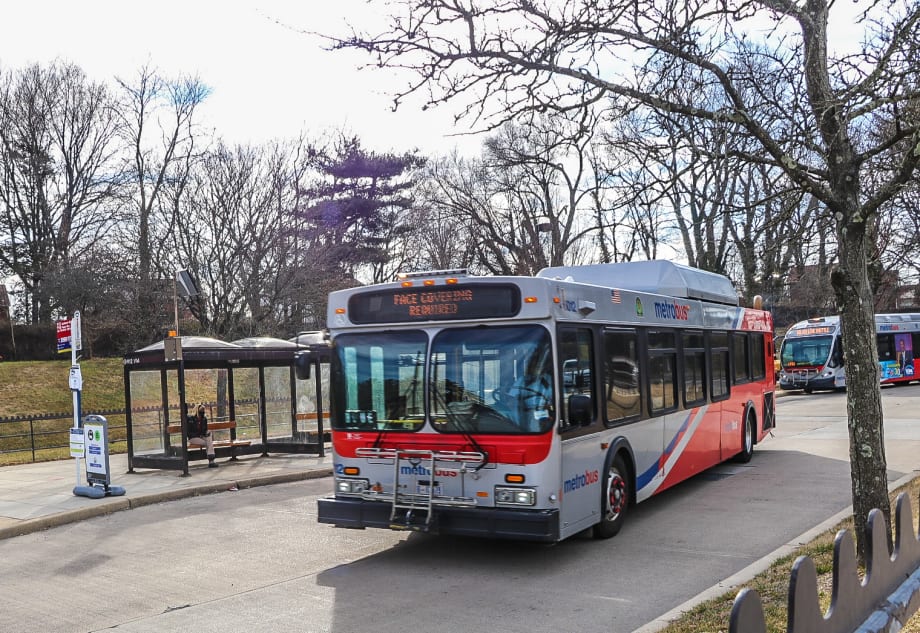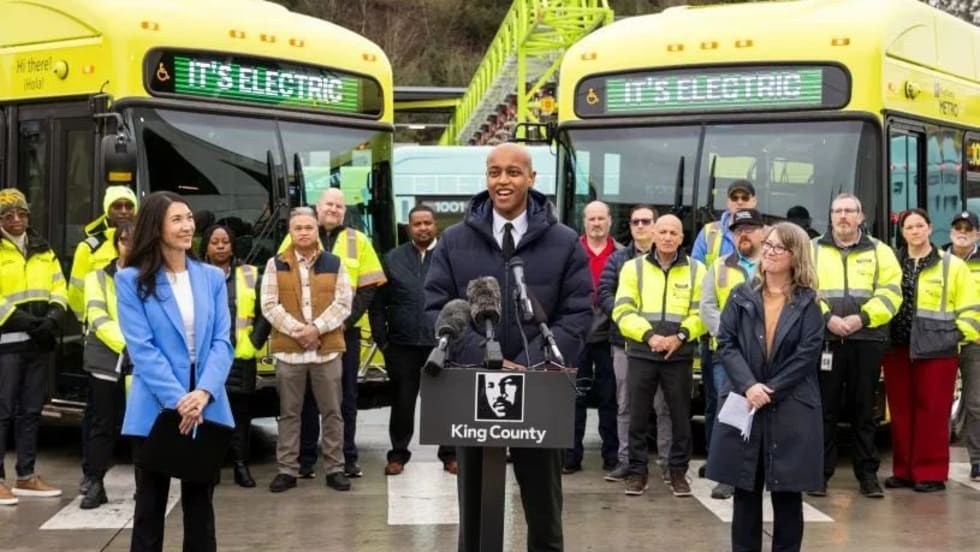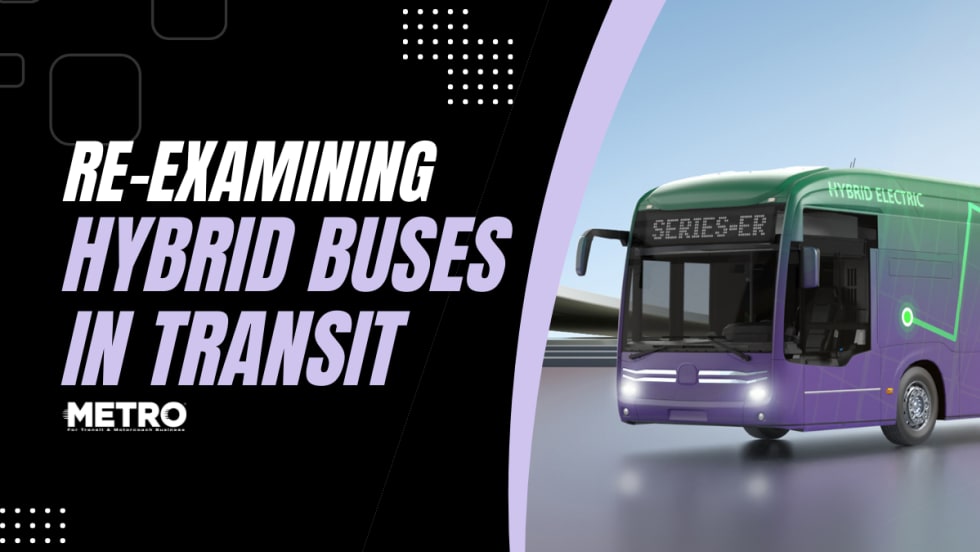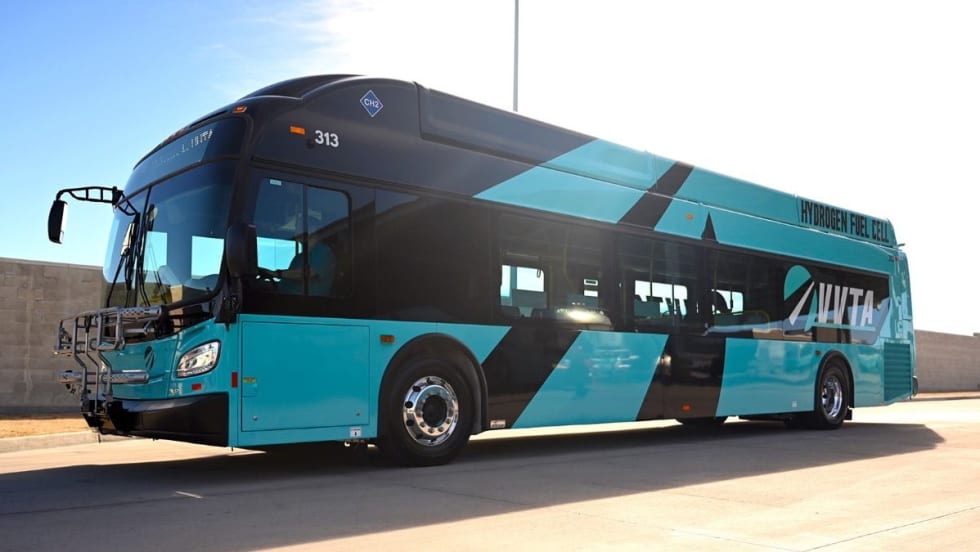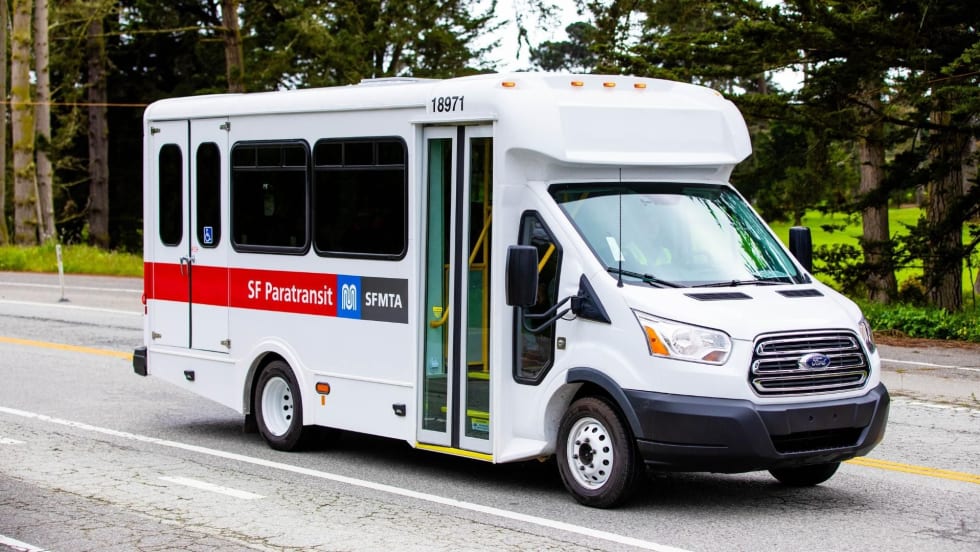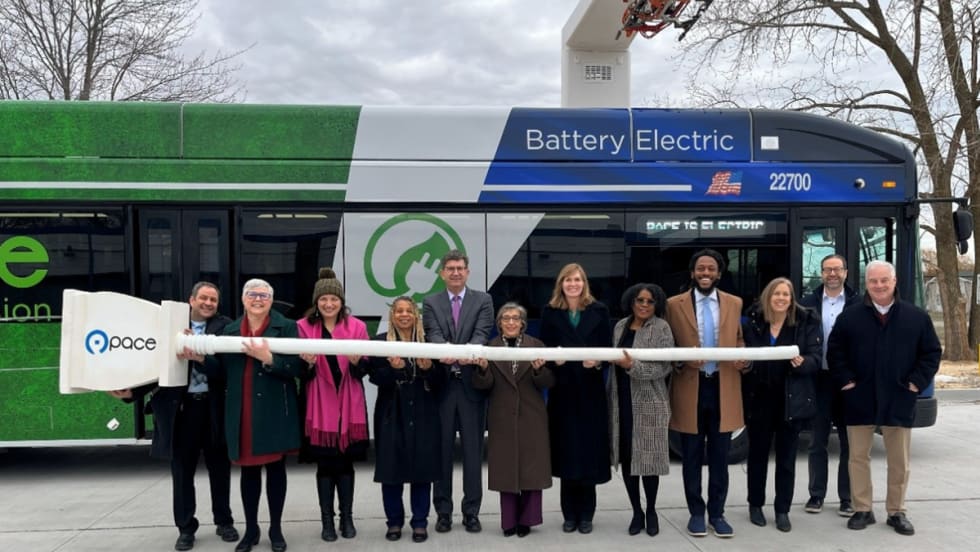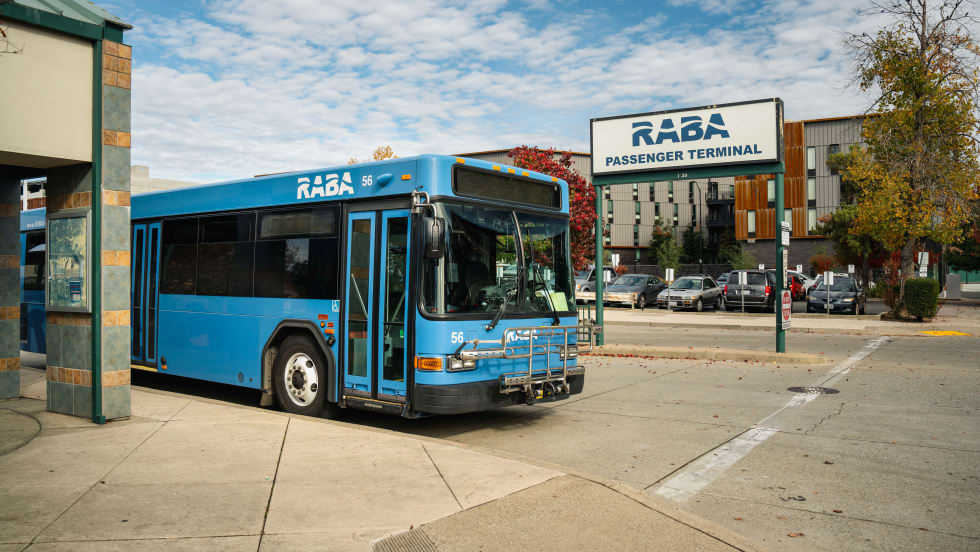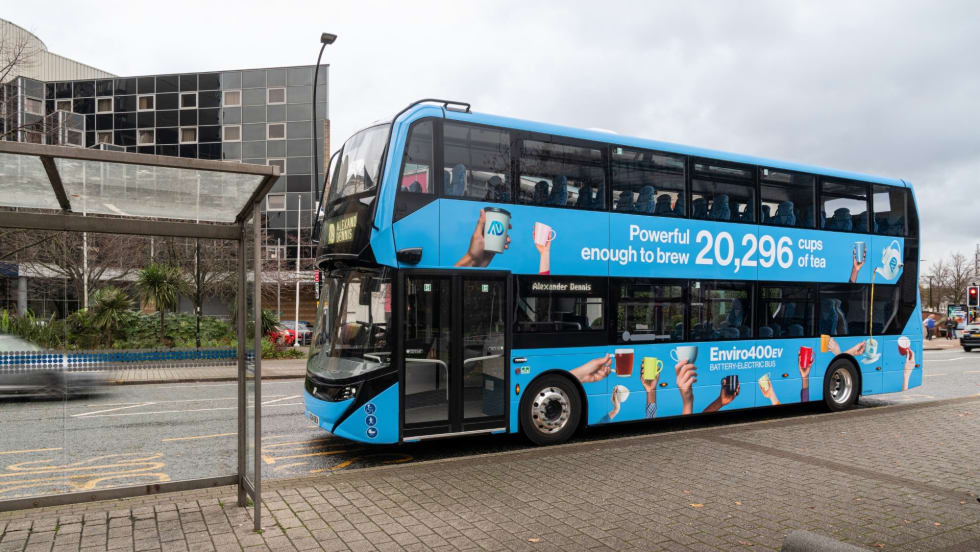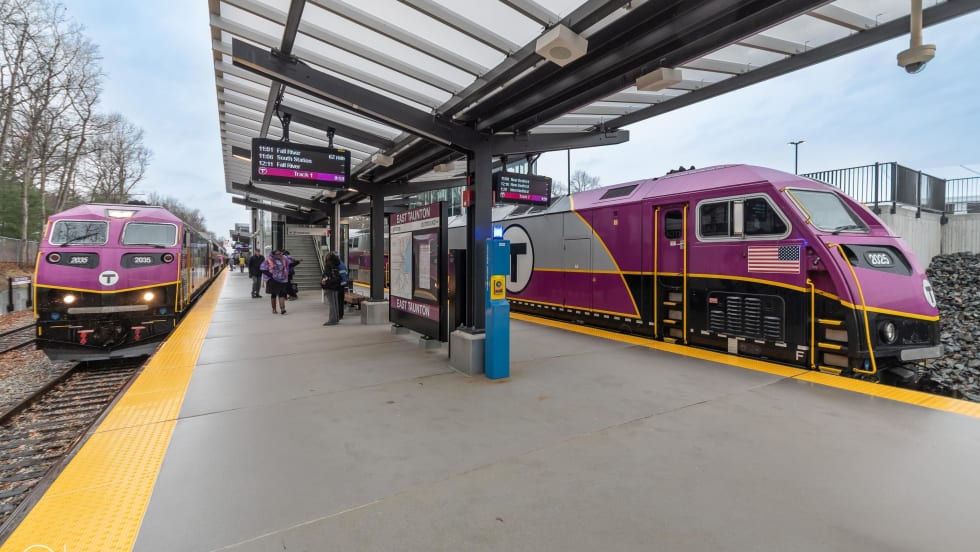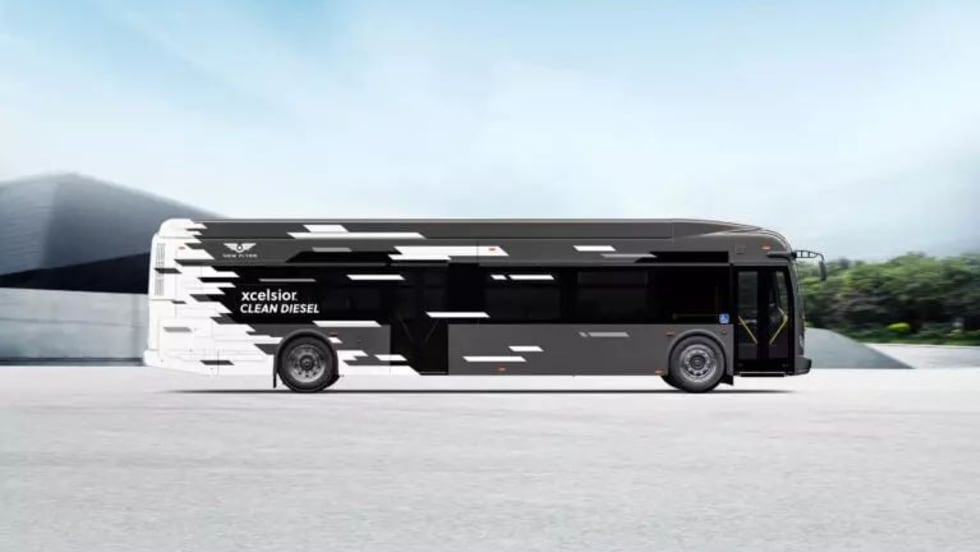D.C. Metro announced a competitive opportunity to provide up to 10 new battery-electric buses as part of its Battery-Electric Bus Test and Evaluation Program. The purchase is a first step, supporting the goal set by Metro’s board to transition to a zero-emission bus fleet no later than 2045.
Metro has issued a Request for Proposals (RFP) seeking to buy 10, 40-foot-standard-length buses from multiple manufacturers to test different bus and charging technologies and assess their performance. Metro will also separately buy chargers for the buses and install infrastructure to support the chargers.
Metro plans to test the 10 buses with two 60-foot battery-electric buses purchased through a separate Federal Transit Administration Low- or No-Emission Program Grant. The buses will be put through real-world operating conditions to help inform the agency’s future zero-emission bus purchases and infrastructure needs.
The battery-electric buses will operate out of Metro’s Shepherd Parkway Bus Division located in an Opportunity Zone encompassing low-income and economically distressed communities, and will serve routes across the District, Maryland, and Virginia.
“Investing in a zero-emission bus fleet will contribute significant environmental and health benefits to the region by reducing greenhouse gas emissions and improving regional air quality,” said Metro GM Paul J. Wiedefeld. “Zero-emission buses, including battery-electric and hydrogen fuel cell buses, produce no tailpipe emissions while providing customers with a clean, quiet, and more comfortable ride.”
Metro’s transition of its 1,500 buses to 100% zero-emission also will require significant funding and regional coordination, including energy infrastructure investments both by Metro and utilities; utility rate structures for bus charging; purchases of buses, chargers, and software; and workforce training and development to operate and maintain new technologies.



